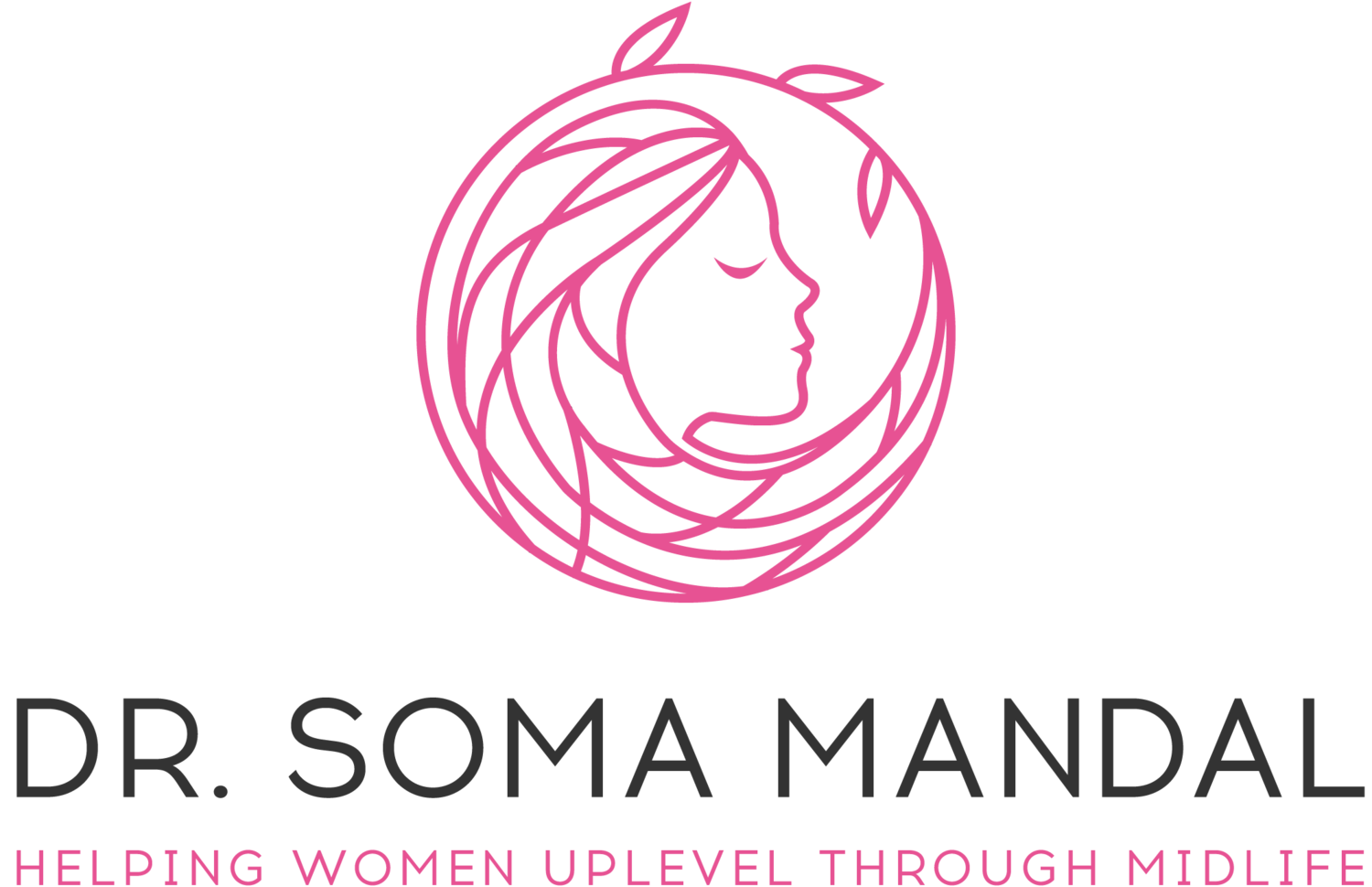Not Just The Baby Blues
Postpartum depression, also known as PPD, is a serious mental health condition that affects women after childbirth. It's important to understand that it's more than just "baby blues," which is a mild, temporary mood disorder experienced by up to 80% of mothers.
1. Prevalence: Postpartum depression affects approximately 1 in 7 women, making it a fairly common condition. It can occur after the birth of any child, not just the first one.
2. Symptoms: It's characterized by severe, long-lasting feelings of sadness, anxiety, and disinterest in daily activities. Other symptoms may include irritability, feeling overwhelmed, problems concentrating, and issues with eating and sleeping.
3. Causes: The exact cause of PPD isn't known, but it's believed to result from a combination of physical and emotional factors. Hormonal changes following childbirth can lead to mood swings and feelings of depression. Additionally, the stress and responsibility of caring for a newborn can be overwhelming, leading to feelings of inadequacy and depression.
4. Impact: PPD can have a significant impact on a mother's ability to care for her child. It can also affect her relationship with her partner, other children, and with herself. It can lead to issues with maternal-infant bonding and cause developmental issues in the child if left untreated.
5. Treatment: It's essential for women suffering from PPD to seek help. Treatments include psychotherapy, medication, and lifestyle changes. With appropriate treatment, most women with postpartum depression recover completely.
6. Importance of Support: The role of the family and community cannot be overstated. Support from loved ones, combined with professional treatment, can help women recover more quickly.
Here are some resources:






